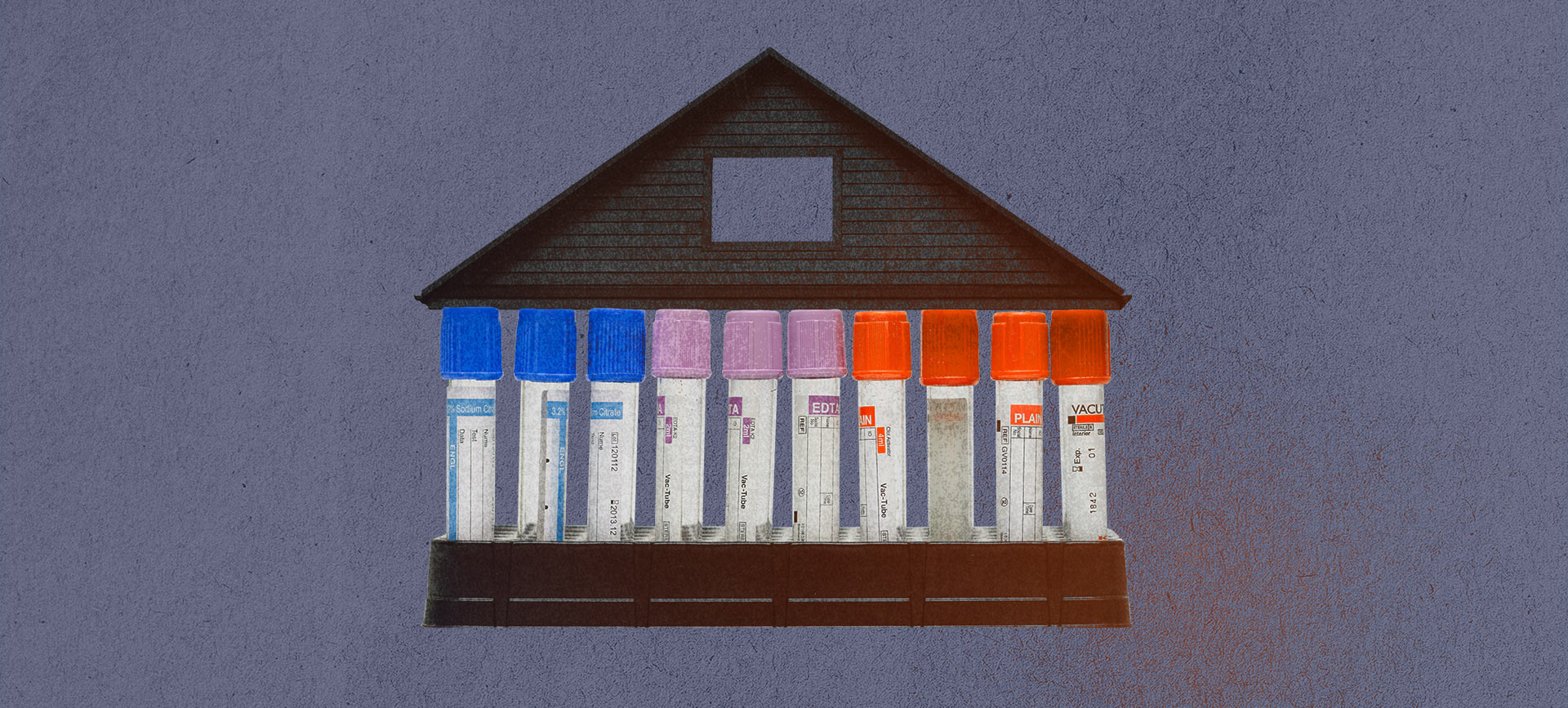At-home fertility tests typically measure a variety of hormones that impact ovulation. Each test is slightly different, but most measure some combination of AMH, considered the most accurate predictor of ovarian reserve; estradiol (E2), one of the primary hormones responsible for ovulation; prolactin (PRL), which can cause infertility when elevated; luteinizing hormone (LH), what spikes just before ovulation; follicle-stimulating hormone (FSH), responsible for stimulating the follicles which eventually release an egg; and thyroid-stimulating hormone (TSH), which stimulates the thyroid to perform many bodily functions including metabolism; and others.
Women are born with all of the eggs they'll ever have, and that number decreases as they age until eventually they reach menopause, and their body is no longer ovulating. (Actually, fun fact: A female has the most eggs when she is still in her mother's womb, and that number starts going down before she's born.)
Every woman, no matter her family history or current health, will have fewer and fewer eggs as she ages, with fertility peaking in her late-teens to late-20s. After 30, fertility typically declines faster. The results of these hormone tests can offer markers on how quickly your fertility is declining, relative to what is typical for your age.
Kristin Bendickson, M.D., a reproductive endocrinologist, said results should be taken into account along with overall health, family history and how you feel about having children, including if, when and how many.
"Hormone tests are just one piece of the puzzle," she said. "These tests provide insight on what's going on now, and what potentially could be coming down the road. So let's talk about your medical history, your family history, and what you want. How do we put this all together?"
One thing Bendikson emphasizes with her patients is that hormone tests do not provide definitive information about your ability to conceive right now. Instead, they are reflective of your ability to conceive down the road, in one or five or 10 years. They can't offer a specific timeline on fertility decline, but they can indicate if your quantity and quality of eggs are declining faster than most.
While they can't tell you about your ability to conceive today, there are instances where hormone tests can identify an existing problem that can be addressed. One example is thyroid health, which some fertility hormone tests address by measuring TSH.
"Your thyroid controls metabolism, and that impacts everything in your body—your gastrointestinal system, your skin, your hair," Bendikson said. "Learning that you have a thyroid issue is something that you can fix now and has great implications for your overall health and how you feel."











